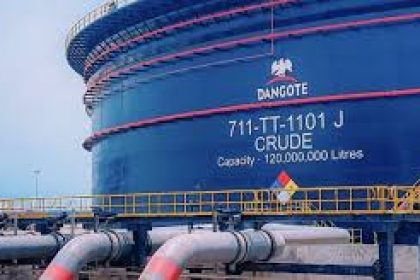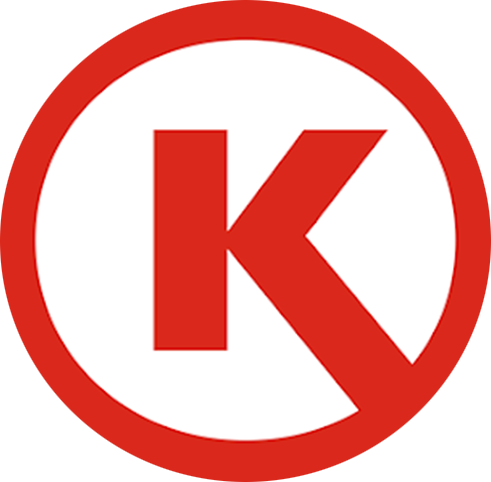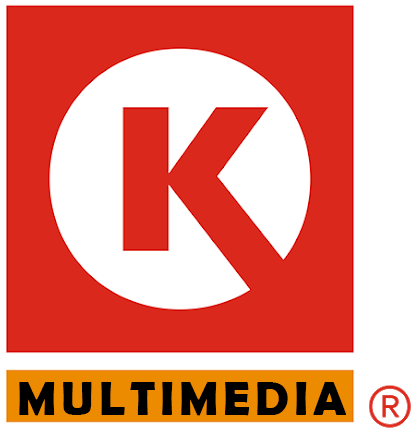
To help stabilise the price of refined fuels, Tinubu has approved the sale of crude to the Dangote Refinery in Naira.
The Nigerian National Petroleum Company (NNPC) Limited has been instructed by President Bola Tinubu to sell crude oil to Dangote Petroleum Refinery and other refineries in naira.
Bayo Onanuga, the president’s special adviser on information and strategy, stated on Tuesday that the federal executive council (FEC) has approved the idea.
“To guarantee the stability of the refined fuel pump price and the dollar-Naira exchange rate, President Tinubu’s proposal to sell crude to Dangote Refinery and other upcoming refineries in Naira was adopted today by the Federal Executive Council,” Onanuga stated.
“To guarantee the stability of the refined fuel pump price and the dollar-Naira exchange rate, President Tinubu’s proposal to sell crude to Dangote Refinery and other upcoming refineries in Naira was adopted today by the Federal Executive Council,” Onanuga stated.
Right now, the Dangote Refinery needs fifteen cargoes of crude, which comes with an annual cost of $13.5 billion. NNPC has promised to provide four.
However, the FEC has given its approval for Nigerian refineries to purchase the 450,000 barrels intended for domestic use in Naira, with the Dangote Refinery serving as the pilot plant. For the period of this transaction, the exchange rate will remain constant.
Afreximbank and other settlement banks in Nigeria will facilitate the trade between Dangote and NNPC Limited. The game changing intervention will eliminate the need for international letters of credit. It will also save the country of billions of dollars used in importing refined fuels.
The decision followed the dispute between Dangote Refinery, the Nigerian Midstream and Downstream Petroleum Regulatory Authority (NMDPRA), and the Nigerian Upstream Petroleum Regulatory Commission (NUPRC).
The founder of the Dangote Group, Aliko Dangote, stated on June 4 that some international oil companies (IOCs) were having difficulty supplying crude to his refinery.
The Nigerian Upstream Petroleum Regulatory Commission’s (NUPRC) chief executive officer, Gbenga Komolafe, called the assertion “erroneous” during an interview with ARISE News on July 15, pointing out that the Petroleum Industry Act (PIA) contains laws that govern willing buyer-willing seller agreements.
On July 17, the management of Dangote Industries Limited (DIL) asserted that its request to buy crude feedstock for the refinery is being obstructed by IOCs.
Additionally, on July 18, Farouk Ahmed, the CEO of NMDPRA, claimed that domestic refineries—including the Dangote refinery—produce goods that are of lower quality than those that are imported into the nation.
When federal legislators visited Dangote’s refinery on July 20, he tested diesel from the facility to refute the accusation.
In addition, the millionaire demanded that the NMDPRA’s accusations be looked into.
The MPs began looking into Ahmed’s claim on July 22.
They claimed that claims that the IOCs in Nigeria are impeding the Dangote refinery’s ability to survive will also be looked into.
In order to settle the disagreement, Dangote, Ahmed, Gbenga Komolafe, CEO of NUPRC, and Mele Kyari, group CEO of NNPC, met with Heineken Lokpobiri, minister of state petroleum resources (oil), on the same day.


